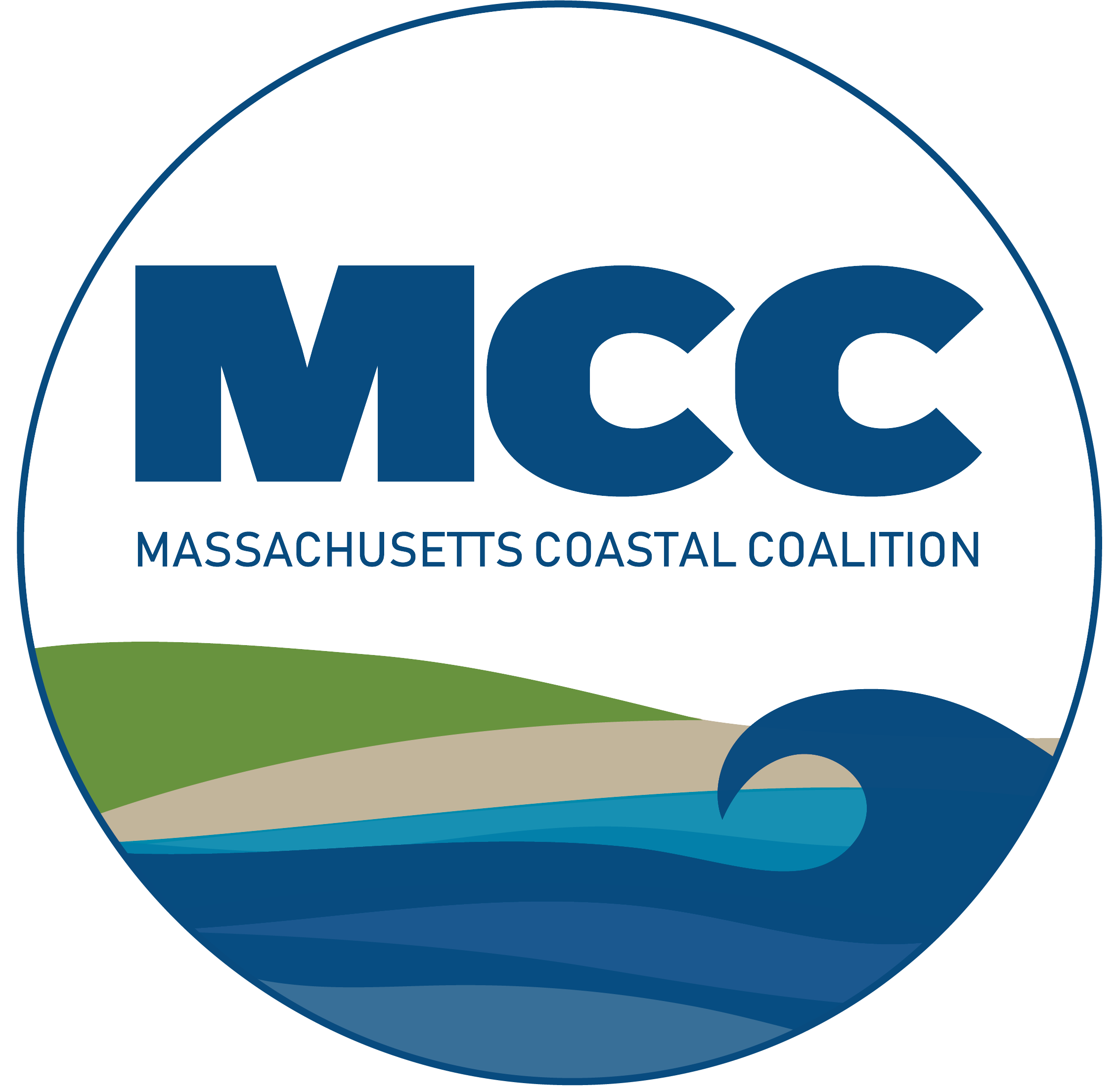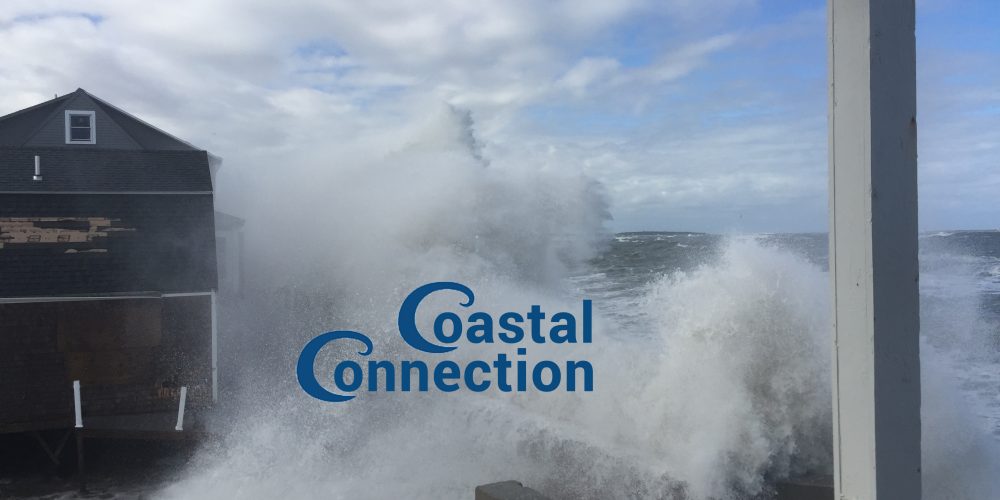The most costly and frequent natural disaster in the United States is flooding. Recent years of U.S. disaster data tells this story. In 2017, for example, 80% of FEMA’s disaster spending was on flood-related events. Because of the exposure that flooding presents, nearly 1,500 communities around the country participate in the Community Rating System (CRS) which represent 70% of National Flood Insurance Program (NFIP) policy holders. CRS is a program within the NFIP which reduces flood risk and lowers flood insurance premiums when a community performs specific tasks outlined in the CRS manual, revolving around community resiliency. CRS communities are recognized as being more resilient and more compliant with NFIP floodplain management standards than non-participating communities.
As a CRS participating community implements different CRS activities, points are accumulated. For every 500 points, a community moves up in class. Every class increase saves National Flood Insurance Program (NFIP) policy holders in high risk flood zones 5% on their flood insurance and makes a community more resilient against flooding. Class 10 gives no flood insurance discount community-wide, and Class 1 translates to a 45% flood insurance discount community-wide. In Massachusetts, a community cannot go beyond Class 7, due to building code restrictions.
CRS awards a substantial amount of points if a community organizes its outreaches into a central document called a Plan for Public Information (PPI). In the beginning of 2018, the Town of Marshfield established a committee specifically assigned to develop a PPI. At the same time, the PPI Committee was tasked with the development of the Town’s updated Hazard Mitigation Plan.
A Hazard Mitigation Plan is a document that outlines all the hazards that face a community, both weather hazards and structural vulnerabilities. It is required for a community to receive some Federal grants and disaster assistance. Recently, Marshfield took a broader approach to their effort. The Town of Marshfield established and implemented a unique approach to CRS that not only reduced risk and flood premiums, but also set precedents for outreach activities. Some communities that voluntarily participate in CRS also complete a floodplain management plan to further increase CRS credit points resulting in community-wide flood premium savings. With the assistance of the PPI Committee, Marshfield was able to combine the requirements of the floodplain management plan and hazard mitigation plan into a single document.
Throughout 2019, the Committee focused primarily on completing the PPI. The PPI document organizes all of the Town’s outreach activities for flood-related hazards. This included the planning of outreach activities such as booths with flood information at various Town events, public outreach and information events, and real estate professional brochures. The PPI also reviews the number of flood insurance policies in a community, its structures and where residents in each flood zone buy flood insurance. It also reviews claim data and develops a plan to improve policy purchases. The PPI organizes the outreach and information into messages to target audiences to help keep the Town and its visitors educated and informed on flood hazards.
On November 7th, 2019, FEMA performed a CRS audit in the Town of Marshfield, which is done once every five years by meeting with the PPI/CRS committee and other town officials. This review goes through all CRS activities and gives a community an opportunity to improve its standing by increasing its class. FEMA gave Marshfield a preliminary point total of 1570, enough to get to Class 7.
This makes Marshfield one of only 22 communities in Massachusetts in the CRS program, and one of only 8 towns in the State with the Class 7 designation. The Town’s Plan for Public Information document is one of only four in New England, including New York State, and is the highest scoring PPI of the four. The result is a cumulative savings of over $300,000 in flood insurance premiums throughout the Town and a reduction of our overall flood risk.
Understanding one community’s approach to CRS can help other communities with their effort. That is why the Massachusetts Coastal Coalition is organizing CRS User Groups on the North and South Shore. These user groups gather likeminded community officials together to share best practices on CRS and floodplain management. By working together, and bettering capabilities with CRS, our communities will end up with more affordable individual flood policies and improved community flood resilience, minimizing flood damage and maximizing the rebound from a flood event.

